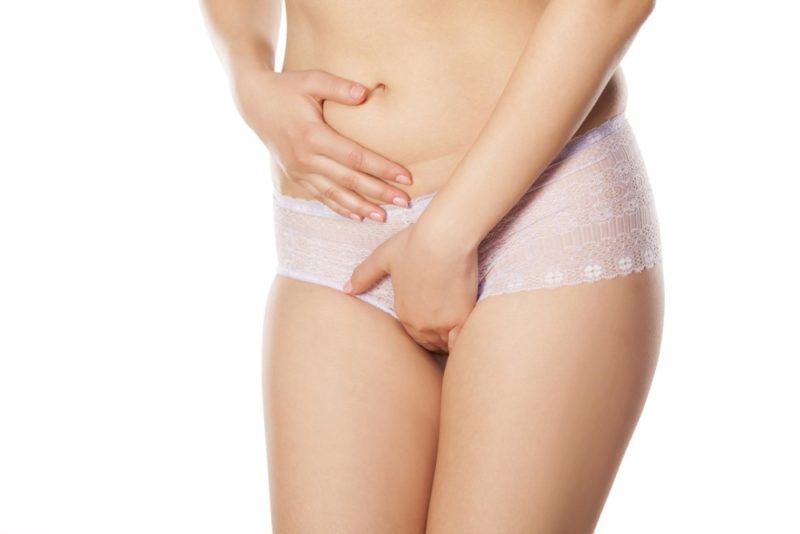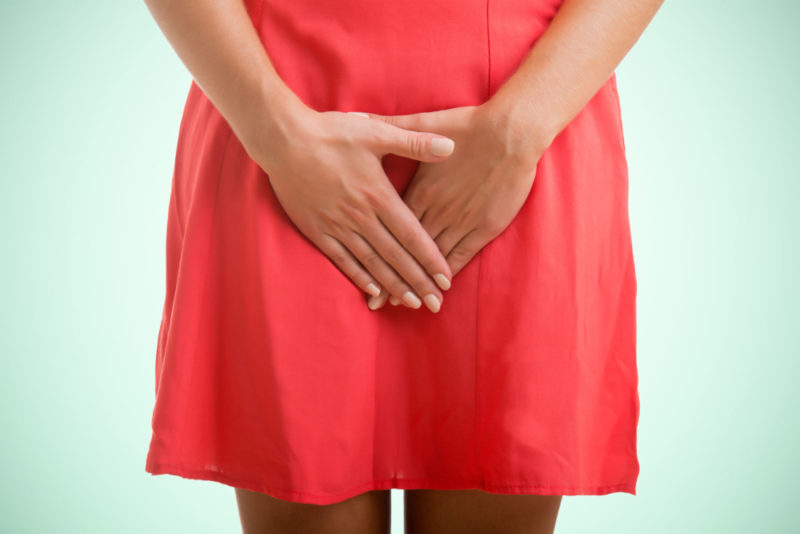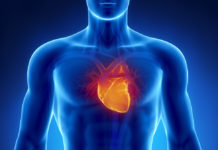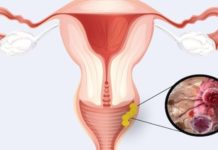Thrush (vaginal candidiasis) is a fungal disease that occurs against a background of hormonal imbalance or weakened immunity. The causative agent is a microorganism from the genus Candida. In the mucous walls of the vagina of a healthy person, candida are part of the normal microflora, but their excessive reproduction leads to the death of lactic acid bacteria. The question of what is thrush, the causes of women, worries many.
Material Content:
Causes of thrush in women
Against the background of excessive reproduction of yeast-like fungi, vaginal candidiasis occurs in the vagina.
Factors affecting the predominance of microorganisms of the genus Candida in the microflora:
- hypothermia of the legs;
- stress, overwork;
- non-observance of personal hygiene;
- promiscuous sex life;
- decreased immunity against the background of transferred infectious diseases;
- body depletion caused by improper or meager diets devoid of nutrients;
- long-term use of antibiotics (more than 10 days);
- the presence of chronic serious diseases (tuberculosis, hepatitis);
- fluctuations in the hormonal background, for example, before menstruation, during pregnancy or after childbirth;
- diseases of the female genital organs, for example, the presence of cysts in the ovaries, the development of endometriosis.
To get rid of the disease, you need to eliminate the causes of thrush in a girl or an adult woman.
Forms of the disease
Vaginal candidiasis is not a pleasant disease.Some are lucky enough to get sick only once, while others suffer from this ailment constantly. The disease can occur in acute, chronic and persistent forms.
The mechanism of acute development:
- Yeast-like fungi of the genus Candida begin to multiply actively.
- The number of microorganisms reaches the necessary scale in order to overcome the protective barrier of immunity.
- Penetration into the upper epithelial layer of the vaginal mucosa occurs.
- Throughput increases. The lower layers of the skin are affected.
- There are pain, itching, burning, cheesy discharge.
- Symptoms disappear after properly prescribed treatment for 7 days.
The development of a chronic form requires a greater amount of time. It is a consequence of the prolonged existence of fungi, inadequate treatment of the acute stage. Some time after taking the medication, the pain reflexes subside, the itching remains insignificant, with the oscillatory effect of the manifestation. Candide propagation stops, but microorganisms do not leave the damaged tissue. After 1-2 months. typical itching and burning appears again.
Persistent - a protracted, untreated form of acute vaginal candidiasis, which gradually grew into a chronicle. It appears similarly acute, but without cheesy discharge from the vagina. Symptoms are expressed over 2 months. Microcracks form on the labia, the abdominal cavity and intestines are affected.
Relapse of thrush is treated much more difficult than its acute form of manifestation. It is noticed in patients who neglect their own hygiene or have not completed the course of the prescribed treatment until the end. Moreover, genitals previously affected by yeast-like fungi are treated much more difficult. If with an acute form, thrush is able to subside in 7 days, then in chronic it will take from 1 to 3 months. A temporary, latent course of the disease is not excluded, which is fraught with complications for a woman.
Symptoms and signs
Symptoms of thrush in women:
- lack of lubrication, pain during intercourse;
- swelling of the labia;
- mild or severe itching;
- the appearance of cheesy discharge with a slight sour smell.
Do not be shy about the manifestations of thrush. Immediately worth a visit to the gynecologist. Consultation and examination by a doctor will exclude the likelihood of other, hidden diseases, against which the immune system weakens and candida vulvovaginitis develops.
What hidden ailments can provoke thrush? It:
- diabetes;
- inflammatory gynecological diseases;
- genital infections.
Note. Timely access to a doctor and properly prescribed treatment will help to quickly and effectively get rid of thrush.
Diagnostics
The examination begins with clarification of complaints. The doctor will certainly ask about the discharge, sensations bothering the lower abdomen. Gynecological examination is mandatory. The initial diagnosis can be made immediately by characteristic discharge. After waiting for the analysis of the smear, it turns out to be more accurate. It is also possible to detect other genital infections.
Note. Thrush affects not only women and men who have sex, but also virgins.
Against the background of the data obtained, the gynecologist prescribes treatment, establishes the correct diet, sweet food should be completely excluded from the diet.
The course of the disease during pregnancy
Thrush in pregnant women is a very common phenomenon. Hormonal restructuring of the female body is a favorable factor for the development of yeast-like microorganisms. The amount of discharge during a disease in pregnant women increases, which women rarely pay attention to, considering this the norm. The lack of treatment leads to an even greater amount of leucorrhoea, curdled particles appear. At night, a terrible itching occurs, from which pregnant women wake up. Sexual acts cause discomfort.
Note.Pregnant women should get rid of thrush before the date of the alleged birth, otherwise infection of the baby is inevitable.
Treatment of candidiasis vulvovaginitis
Having discovered unpleasant symptoms, women try to get rid of the disease on their own, thereby delaying the disease and provoking relapse of its manifestation. It is worth contacting a gynecologist who, after a series of examinations, will prescribe an effective medication for thrush in a woman (for example, Futsis, 1 tablet 3 days + 7 days a night, 1 Livarol candle). In more severe cases, the course of treatment is long, Itrungar tablets can be used.
In addition to medicines, the doctor must focus on the following rules:
- personal genital hygiene: washing with warm boiled water with soda - 1 tsp. per 1 liter of water;
- it is forbidden to wear tight synthetic underwear;
- you need to eat live lactobacilli, fruits and vegetables;
- do not eat sweets, chocolate, sugar;
- to drink a lot of water;
- refuse sex at the time of treatment;
- be treated by both partners to avoid reinfection.
Possible complications
Ignoring vulvovaginitis leads to serious complications. Allocations become more plentiful. Terrible itching brings unbearable discomfort to a woman. Frequent change of daily gaskets does not save from constant moisture. Intimate life does not bring satisfaction, as before. Sooner or later, the patient turns to the gynecologist, only the course of the disease becomes chronic and does not respond immediately to treatment.
Complications are:
- the symptoms of thrush in women will subside slowly and long-term or will not disappear at all;
- relapses of candidiasis up to 4-5 times a year;
- the discharge becomes bloody or creamy (purulent) in color;
- one drug is unable to cope with a serious focus of the disease, the doctor ascribes several medications for various purposes;
- inflammatory processes of the genitals develop;
- infertility occurs.
Prevention
Having overcome thrush, no woman wants to face this ailment twice. In order to exclude favorable conditions for the development of microorganisms, it is worth eliminating all factors that can affect the reproduction of candida.
Prevention is as follows:
- strengthening immunity;
- stress avoidance;
- compliance with personal hygiene;
- nutritious and healthy nutrition;
- the presence of a permanent partner;
- the exception of wearing tight synthetic underwear.
Do not underestimate the thrush, because with prolonged existence, it causes great discomfort.



















